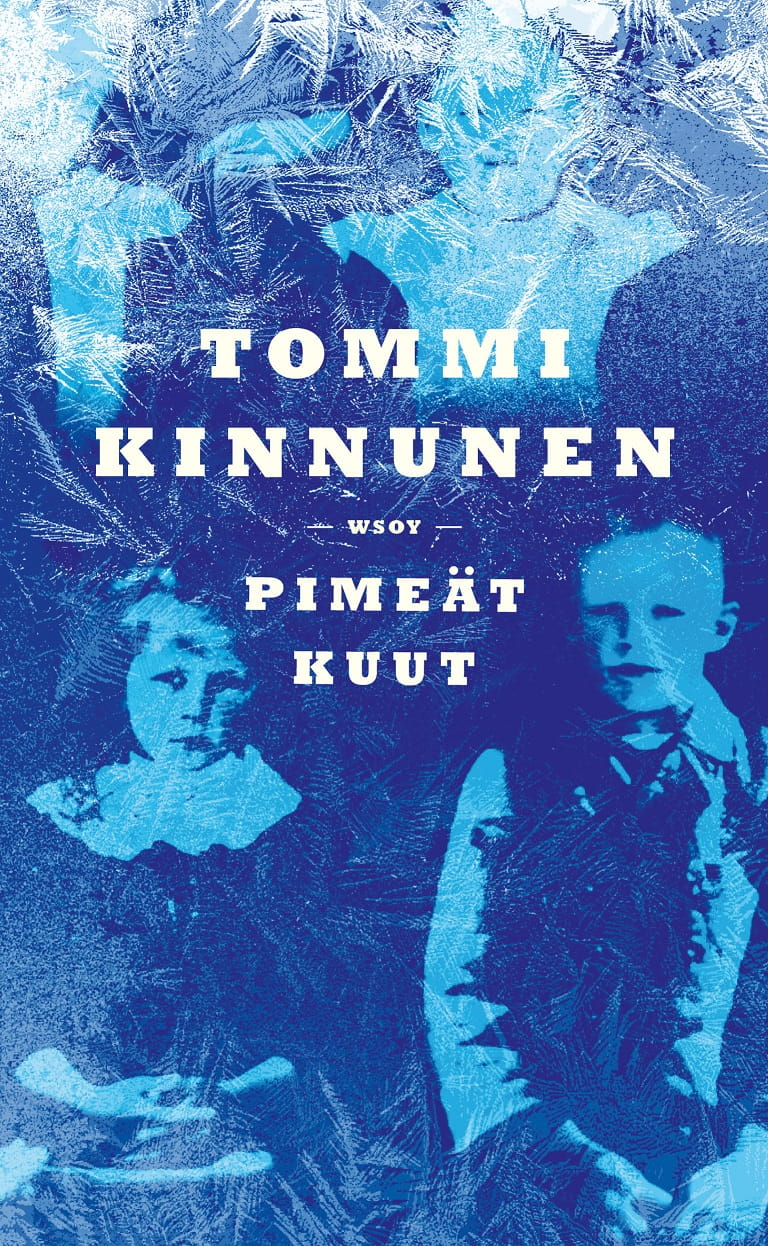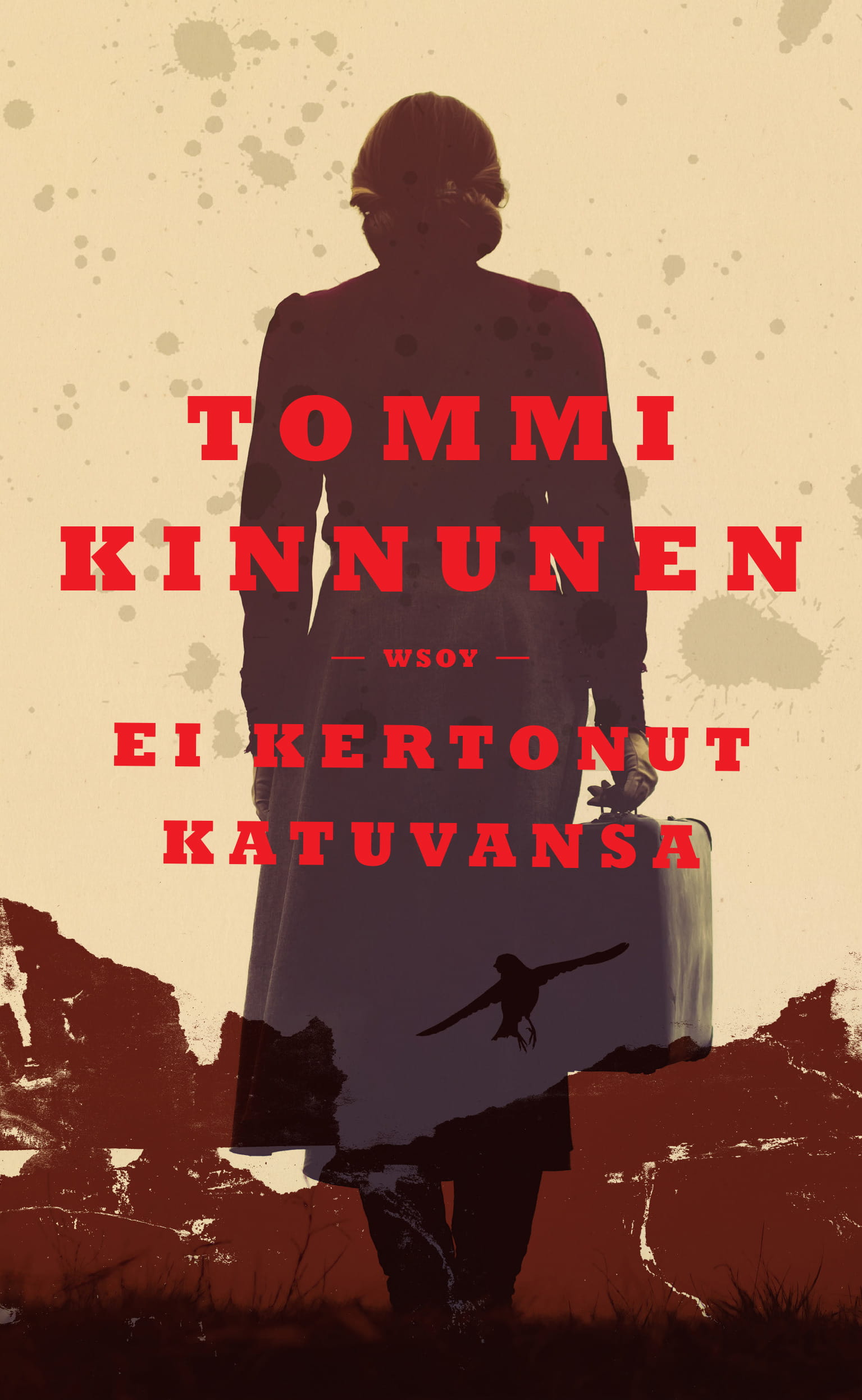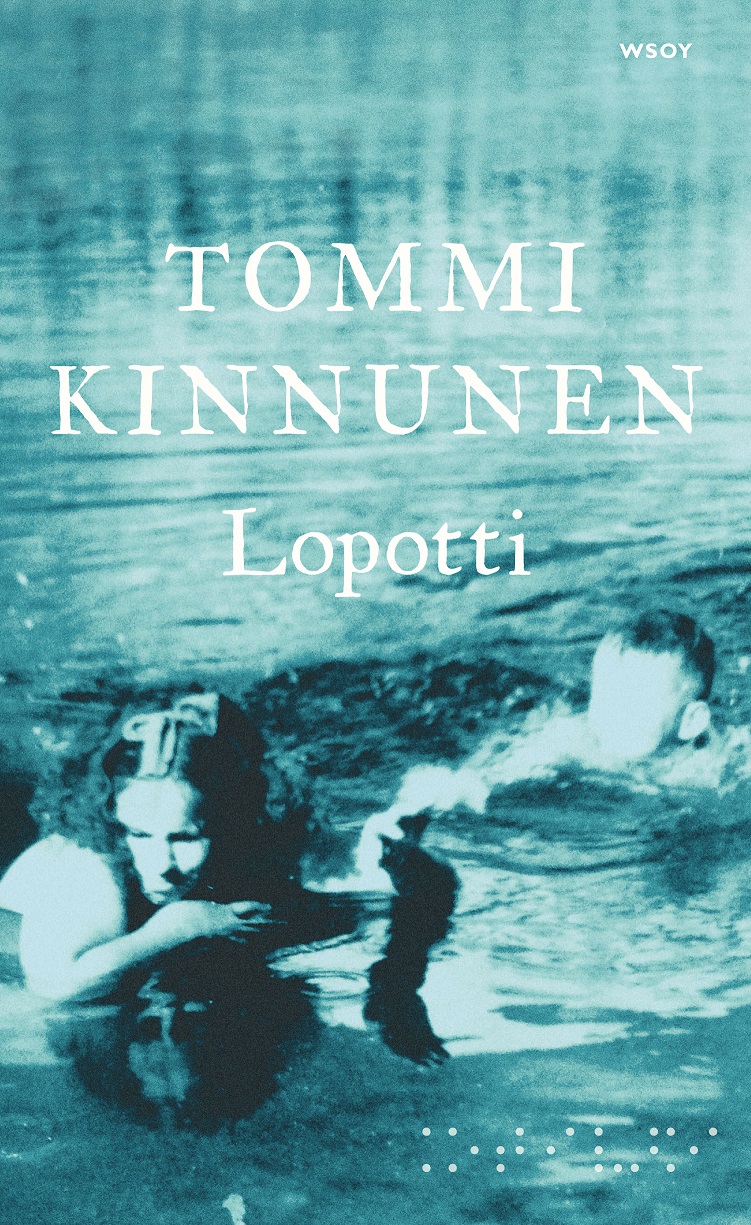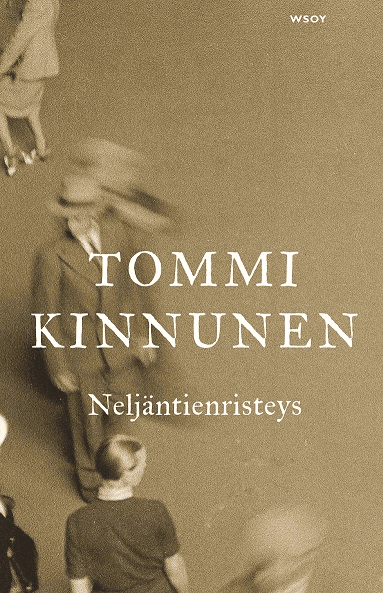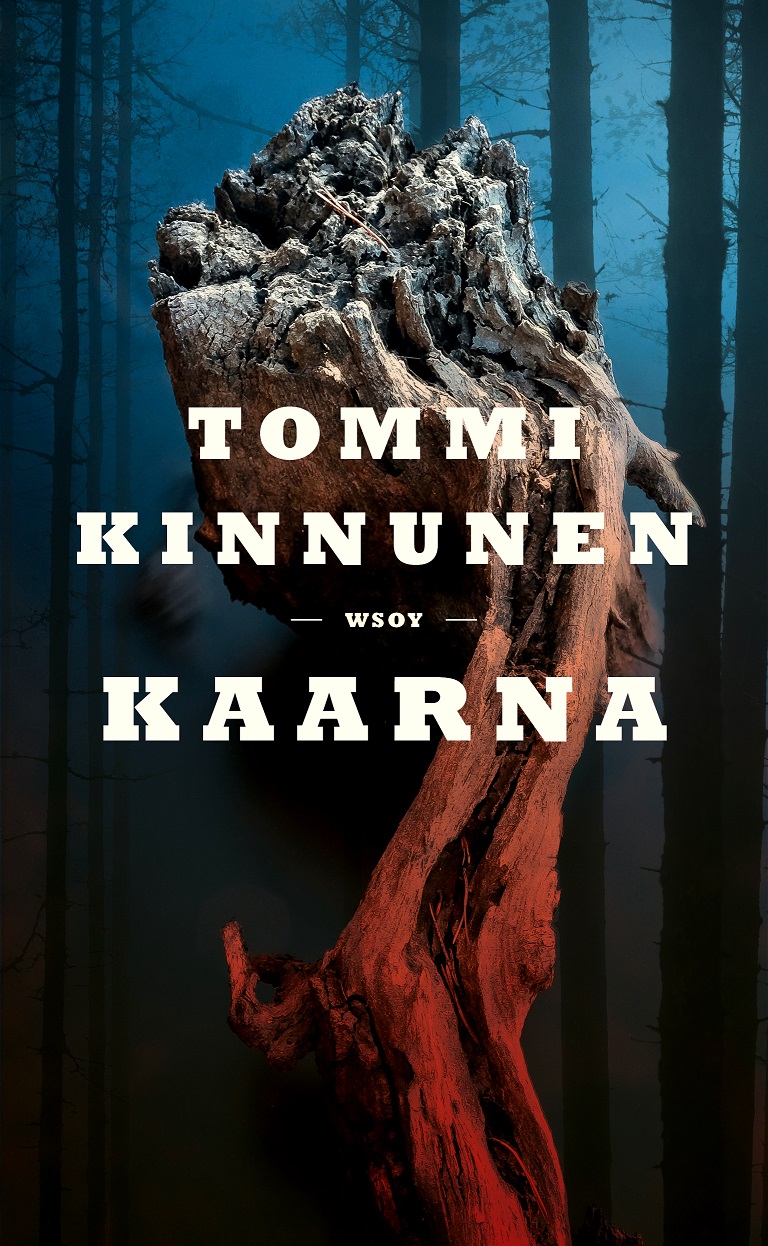
Original title: Kaarna
Author: Tommi Kinnunen
Published: 2024
Publisher: WSOY
Genre: Literary Fiction
Pages: 205
Reading material:
English sample & synopsis, German sample, Finnish edition
Winner of the Readers’ Favorite of the Finlandia Prize of 2024 and the Adlibris Prize of 2024. Over 60,000 copies sold in Finland. Rights sold to Japan and Estonia.
A densely atmospheric and arrestingly written novel about women’s fates in times of war, the difficulty of giving up, and how the proximity of death can change a person
A person cannot return to being who they once were without knowing who they have been.
In 2001, three siblings - Martti and twin sisters Eeva and Marja - meet in a small village in Northern Finland. Their mother Laina, an old woman who has been through the Second World War, is dying and the children have gathered to arrange the funeral. Even though the siblings have always been on good terms, Martti has always felt aloof, the odd man out. All of them reminisce about their childhood, but Martti remembers things slightly differently from his sisters.
As the novel progresses, the readers are transported through the decades in Laina’s story, culminating in the Soviet partisan attack during the summer of 1944 that irrevocably changed Laina’s life. She has refused to recall the events and consequently denied her children the opportunity of remembering and healing. “One can only talk about men’s war, for women’s war is soundless and forbidden.”
"The book gives a voice to the forgotten victims of war, women and children, bypassing official war narratives. It describes, in a compact and carefully crafted manner, the impact of traumatic experiences on a person: what cannot be spoken of cannot be escaped; one must build a shield that also becomes a prison. Piece by piece, the work tensely unveils the tragedy that defines the characters’ lives and explores the multifaceted dimensions of the title motif."
– Finlandia Prize 2024 Jury

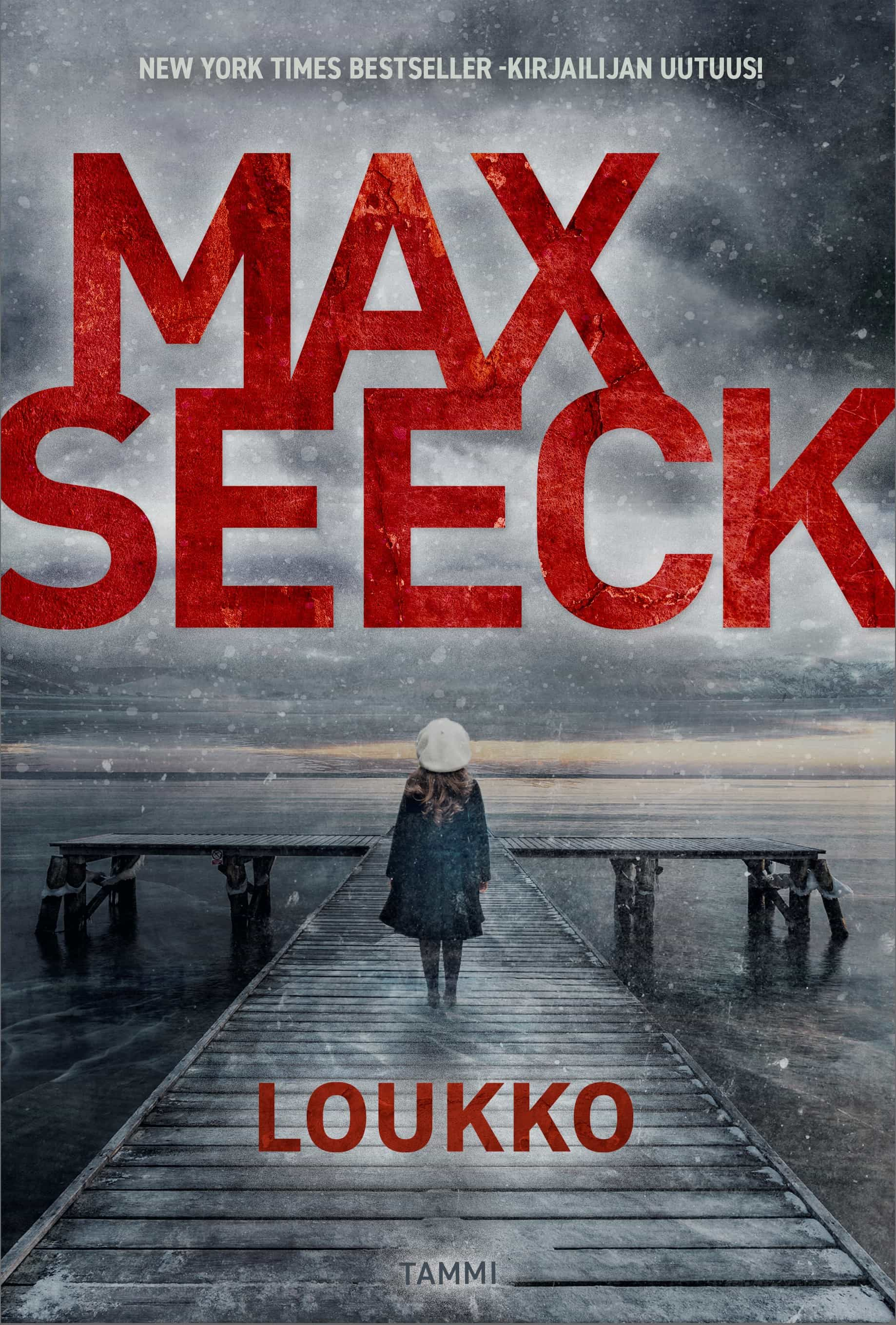 Loukko by
Loukko by  Download reading materials
Download reading materials 
